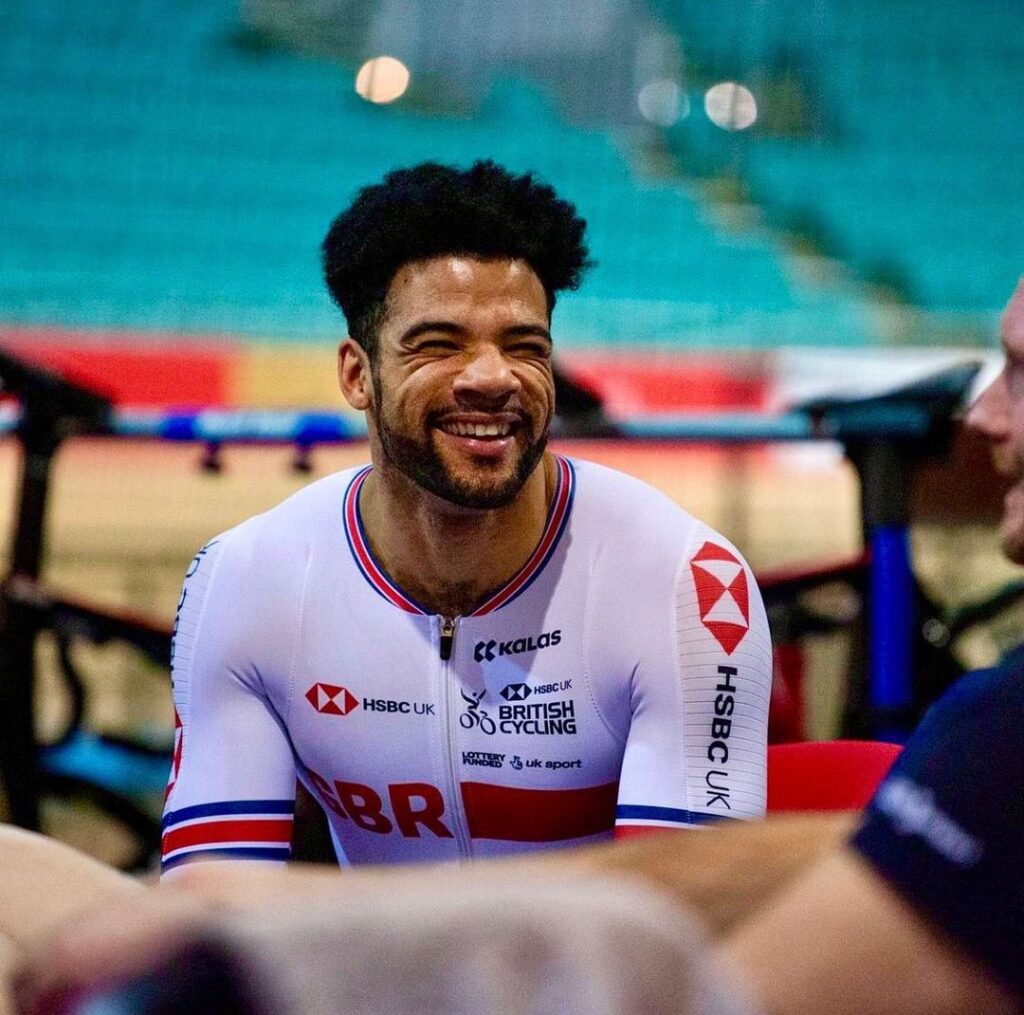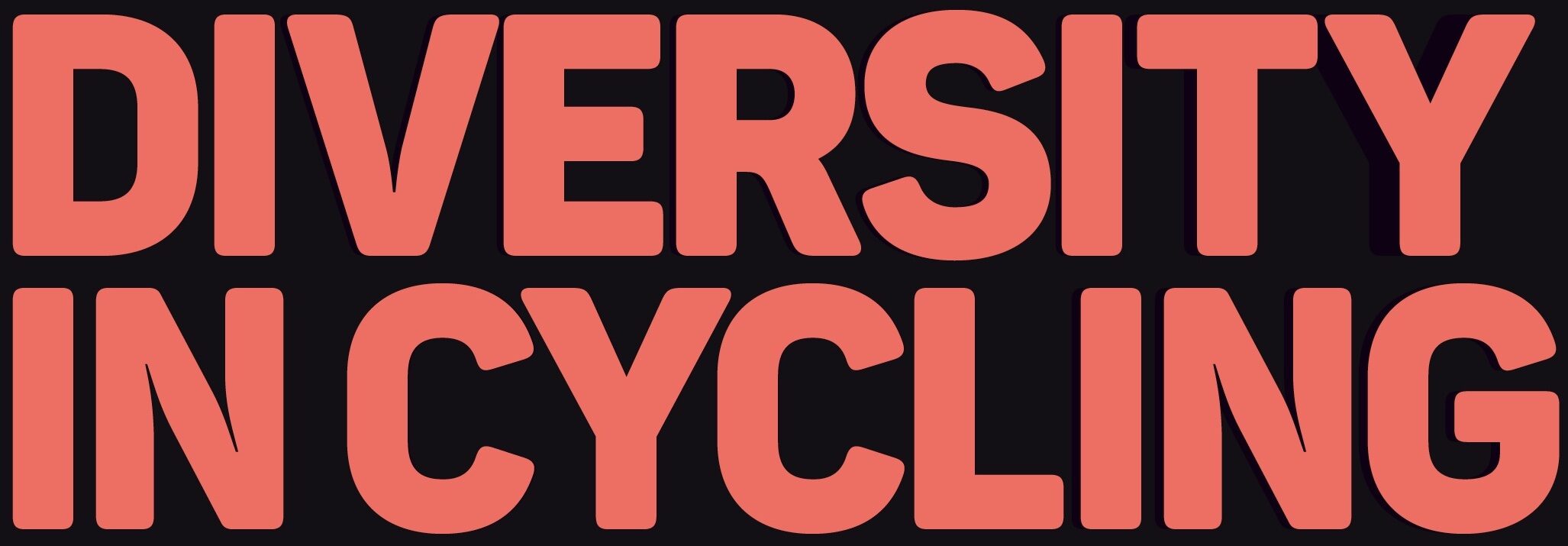I transitioned from athletics to cycling in 2019. My first impression of cycling was that it is similar to athletics in structure and operations, so I could easily fit into that, but getting to know the equipment was a steeper learning curve. I had not been a recreational or club rider, going straight into a para-cycling talent programme in 2019 and competing in my first World Championships in January 2020 in Canada.
Given that athletics has a diverse pool of talent, the lack of diversity in cycling did not make sense to me. Without Paralympic champion Kadeena Cox, I would be the only Black person in the environment. That struck me.
There were a few awkward moments, and as a thirty-two year old man, I can brush that off, but a younger athlete might not. In some cases, we need to restart the conversation and think about how we work together as a team.
As for my own riding, I live in Leicestershire, and while Leicester is diverse, I do not see many people of colour on bikes. I spent a lot of my time training solo, getting out on the road. I will see another Black rider on the road from time to time. I feel comfortable on the bike now, and I always acknowledge other riders on the road and feel welcomed within the cycling community.
I am part of the KC Academy, which Kadeena founded. There are a lot of Black cycling groups, but Kadeena’s approach is to find young talent to get more riders from ethnically diverse backgrounds into performance pathways. We are open to whether riders are focused on endurance, sprint, track, road, or mountain bike.
For national and pro teams to be more inclusive will mean understanding that the motivations and experiences of individual riders will differ. Kadeena and came to cycling from athletics. I enjoy cycling, but it has not always been my thing. Riders coming through may not be aware of the culture, the names, or the way cycling works. Levels of experience and learning processes will differ, which is perfectly okay.
There are rites of passage in any sport. There are many ways and routes to make it to a certain level, so just because someone did not meet some criteria does not mean they stand a lesser chance than someone who has taken a more traditional path. We all need to be aware of differing backgrounds and cultures.
Cost is a critical barrier. Even if you buy a cheap bike to get started, cycling is incredibly expensive to complete if you don’t have the finances to sustain it. Athletics is not that costly in comparison. You can spend £250 per year, but that won’t get you far in cycling. Financial assistance plays a part.
With any movement that redresses the balance, remember that it is not about existing riders losing out but creating more space. No one is getting a free pass. Talent is everywhere, but opportunity is not.
I agree with Richard Liston that we can learn from athletics, diversifying not only the riders but logistics, leadership, and coaching from club to elite level. Having more coaches from ethnically diverse backgrounds will make a big difference. When you see others who look like you, you know there is a place for you in this sport.
Sam Ruddock is a Paralympian, with Cerebral Palsy, on the World Class Performance Programme for British Cycling. Sam is also a founding member of Kadeena Cox’s KC Academy and is an athlete mentor for the Youth Sports Trust.

Picture: Sam Ruddock, courtesy of British Cycling
